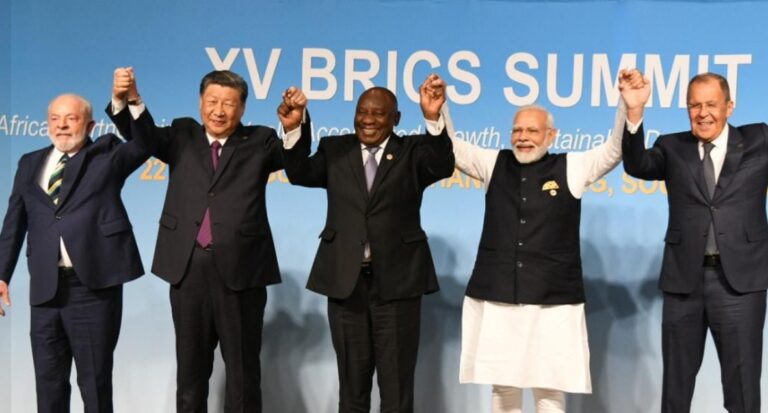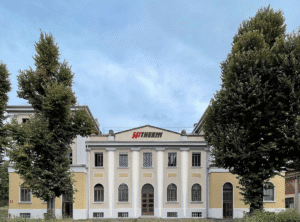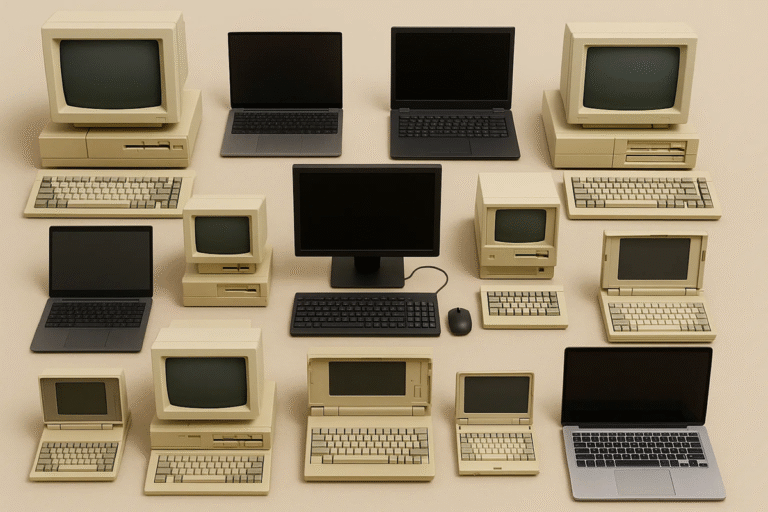The club of emerging economies strengthens its political profile with the entry of six new members, including three oil powers, at the urging of China. It did not emerge whether the Brics discussed at the Johannesburg summit what the club will be called when it grows from five to 11 members next year.
Brazilian President Luiz Inácio Lula da Silva believes it is best to keep the current name. The acronym was invented nearly 20 years ago to label an informal group of countries that were growing at breakneck speed, becoming engines of global GDP and offering promising opportunities for global investors.
Brazil, Russia, India and China formalized their relationship as a geopolitical pole in 2009, when the financial crisis in the United States and Europe increased the attractiveness of the periphery. In 2010, with the accession of South Africa, the final S was added.
The bloc entered a new phase with the announcement of the entry of six new members (Saudi Arabia, Argentina, Egypt, the United Arab Emirates, Ethiopia and Iran) on Jan. 1, 2024.
Table of Contents
The path taken by the Brics club
The club is accelerating its path toward a more just and balanced world order. “Global governance must represent the economic and power relations of today, not those of 1945,” proclaimed UN Secretary-General António Guterres at the summit.
Current and future members want more voice, more prominence, more power. An end to Western hegemony, but that does not mean it is equal for all.
Brazil defends its neutrality, has always worked to get along with everyone. Iran wants nothing to do with the Great Satan, the United States. And for China and Russia, this is a leap forward in their desire to forge a broad alliance to act as a counterweight to the G-7, the club of rich countries.
Consequences of Saudi Arabia’s entry
According to Lula, with enlargement, the Brics will account for 46 percent of the world’s population and 37 percent of GDP in terms of purchasing power by 2024.
And another fact that the Brazilian leader did not mention, but which is also central to the current energy crisis in Europe due to the war in Ukraine: the entry of Saudi Arabia and other oil powers such as the Emirates and Iran, greatly increases their power over the world’s oil supply.
The host, South African President Cyril Ramaphosa, has already warned that the enlargement to 11 is only the beginning: “We have agreed on the first phase of this expansion process and other phases will follow.”
Some 40 countries had applied to join the amorphous bloc, which since its inception has produced the most tangible result of the Shanghai-based New Development Bank, an alternative to the World Bank and the International Monetary Fund that has financed $33 billion (30.5 billion euros) worth of development projects on four continents.
Closer relations among member countries
Thanks to Brics, relations among member countries have become closer at all levels. But economic growth has been driven by domestic markets, not by massive incorporation into global value chains.
They have gained visibility as an alternative hub to the West, but they have never achieved compact cohesion. And with 11 it will be even more difficult.
The Brics-with China in the lead because its economy alone is larger than that of the others combined-will continue to court new allies. The growing rivalry between Washington and Beijing has given new impetus to this group, because those living in places far from the centers of power of the past seven decades have multiple grievances with the West in general and the United States in particular.
And the war in Ukraine does not affect Africans and Latin Americans, who face multiple crises in their neighborhoods.
Putin’s participation
Russian President Vladimir Putin attended the Brics summit, but he had to do so remotely via video conference.
Because if he had set foot in South Africa, a signatory to the Rome Statute of the International Criminal Court, the Russian president would have risked arrest for the international arrest warrant issued against him last March as the person allegedly responsible for the illegal transfer of Ukrainian children from occupied territories in Ukraine to Russia.
It is likely that he wants to use the BRICS enlargement to show that despite Western sanctions and diplomatic isolation, he has many friends.
The final formation of the next partners surprised many observers. Indonesia withdrew at the last moment at its own request. Algeria and Nigeria are out. Ethiopia is in and with it four countries in the Middle East, a region where Beijing is rapidly filling the vacuum left by the United States after the wars in Afghanistan and Iraq.
Uneven evolution of partner countries
When the Brics were born, the common denominator was the performance of their economies and excellent prospects due to China’s huge demand for raw materials.
Over the past 15 years, the evolution of the partners has been uneven. China has become a superpower, the world’s second largest economy, but its extraordinary trajectory of recent decades has slowed.
Russia has gone from a reset with Washington to a pariah for the West. Neither Brazil nor South Africa has reached the expected heights.
India is growing rapidly, has surpassed China in population and this summer reached the Moon, its most hostile area, just days after Russia failed to surpass it on the same mission: its probe crashed.
Read also: China’s economy is slowing down: can India substitute the Dragon in international trade?












